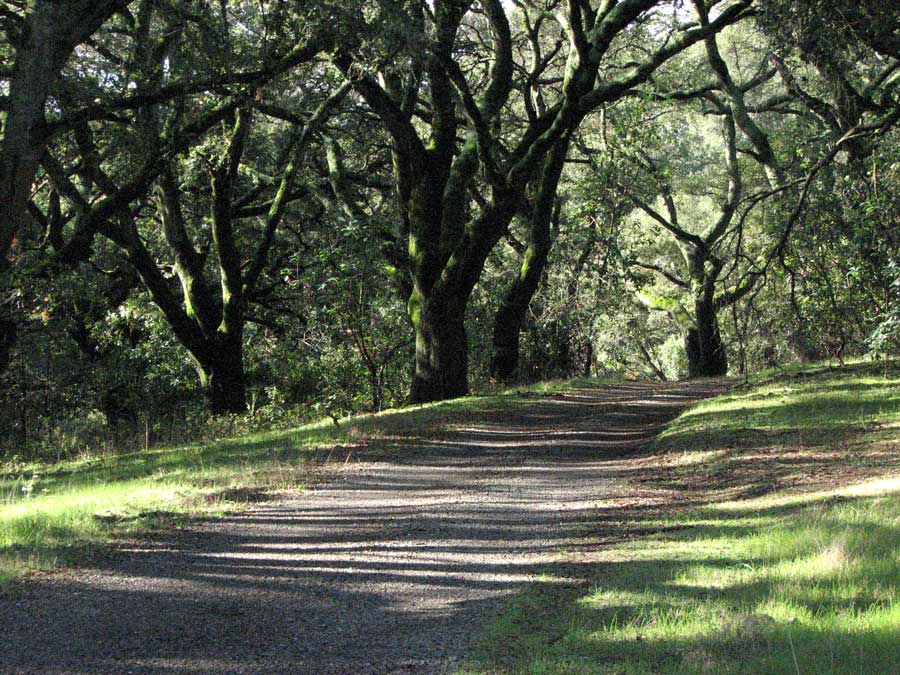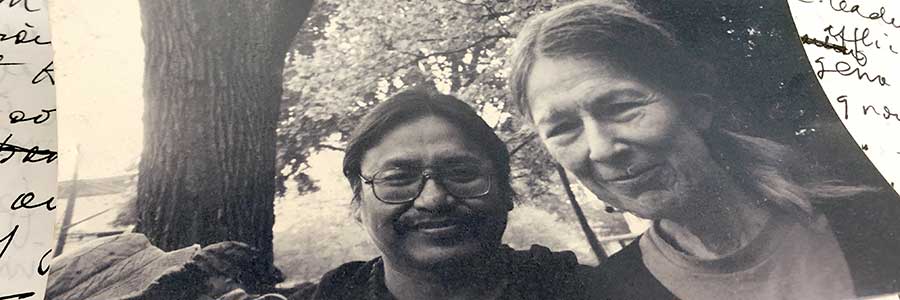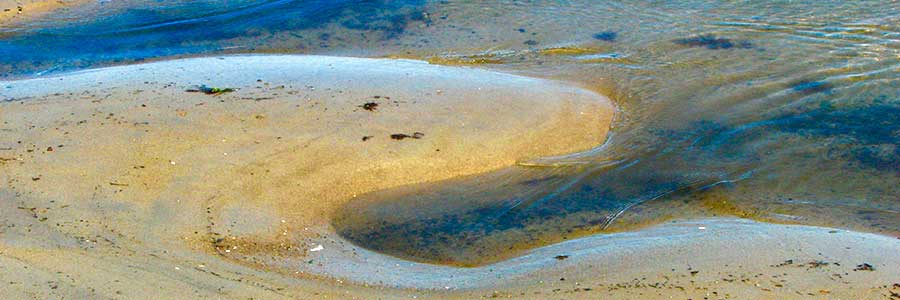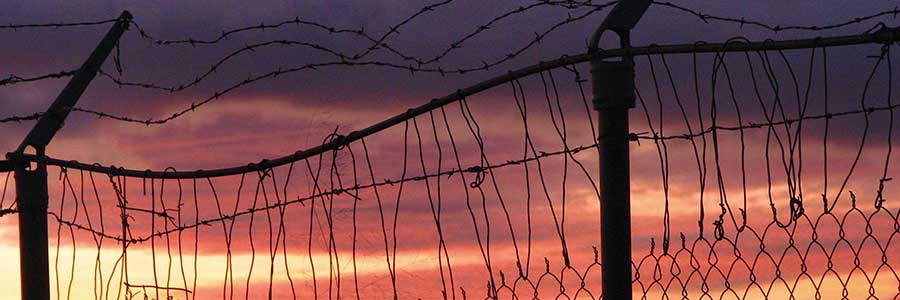“How did you get so lucky?” There’s awe in the voices of friendly tradespeople in small trucks, who find their way up to our place to fix the sprinkler system or check for termites—and look around in wonderment. Their work takes them to so many places tucked away in the Napa hills, but somehow this one stirs them. Maybe it’s the unpaved road winding through the huge live oaks as if into deep time. Forty years ago, my father did a beautiful job laying it out past the neighbor’s vineyard and through the trees. Curving it gently past the little creek and the ancient oaks. There’s a rhythm to it, almost a dance, if you drive slowly enough, and when you get close to the house, the road turns and you see the field where my mother was restoring the native grasses.
“How did you get so lucky?” Today I just nodded and looked into his eyes without trying to answer in words. Or maybe I said, “I know what you mean.” I’ve given other answers over the years as I came to understand what brought us here.
When I was younger, a grad student from China–where at the time there was no such thing as private property—asked the question, his face aglow with a feeling that troubled me. I could see that his admiration was not so much about the beauty of the land as about family, entitlement and privilege. In those days, if I wanted to answer, I’d start with the long saga of the pioneer Nathan Coombs in the 1840s and the land grant—as much as I understood it then. Or I’d start with Unc, his grandson, who was my father’s uncle. Or maybe, I’d start with my own parents. I’d tell how the land was passed down and how my sisters and I had placed the conservation easement on it so it had less market value and could be kept forever natural and beautiful like it is now. Any of these answers sounded like a fairy tale. And none of them addressed the elephant in the room, the genocide in California in the period when the land came to us, and the level of privilege that still went with owning the land.
But today, when the man from PG&E was out to check branches threatening the power line—when he asked and I could only look at him—the answer rising up in me was different. What if I could speak the true answer? Part of me wanted to choke or sob out some growly, deep noise that would express my shame and grief. How did I get so lucky?! I got “lucky” because my great, great grandfather looked around when he got here more or less penniless in 1843, but with Yankee knowledge of how to work the system, even before people like him had taken over California for the United States. I was “lucky” because he’d used his cleverness and bought all kinds of land around here and found this piece that he could buy cheap from Mexican rancher and former military, Cayetano Juarez.
My ancestor got a big piece of Juarez’ Land Grant—2,170 acres of it right up against the hills where the best creeks flowed year round in this dry climate. Wikipedia will tell you that Juarez had received a grant of 8,866 acres from the Government of Mexico in return for “managing the land and native population in Napa and Sonoma counties” during the chaotic period after the Mission system ended. A time when land was supposed to be returned to the Indigenous People but wasn’t. This was the time when Mexican settlers, who called themselves Californios, consolidated their hold on land throughout the region.
But neither Juarez nor Mexico had any real right to this land. They were “lucky” and my great, great grandfather Coombs was” lucky” because they’d launched an occupation and were able to push aside or use the people who were on the land before them. General Vallejo’s army and his alliance with Chief Solano helped. The Wappo from up-valley were the original tenders of these creeks, but Solano’s people, the Patwin had moved into the area too. By the time of the Californios, they had two villages just south of us in the flatter part of the valley, also on the Juarez land grant. Willing or not, the Patwin from these villages became the labor on Juarez’ ranch. Before that, they had traveled up into these hills from their villages to hunt, to gather supplies for baskets and food, and especially for their big harvest, the nutritious acorn crops just coming ripe this time of the fall. I think they also came up here to pray.
That’s the short version. I’m “lucky” because I’m connected to Nathan Coombs and I get the benefit of him and Juarez seeing this land as commodity and trading it and running cattle on it and running people off of it. And having guns and armies to back them up, and then a new state government run by people who openly voiced their desire for a “white people’s” state. This is pretty appalling, and when I look around me now, I see these same attitudes causing great turmoil and suffering.
But I’m lucky in another way too, because I’m starting to build an awareness of this story that isn’t taught in school. I’ve sought it out, even the painful parts. I’ve found things my relatives never told me and learned how our ways with the land affected the whole environment—not just the First People but the plants and animals, water and air—even the climate that’s causing so much havoc now. And I’m finding ways to move beyond the shame of this history and to grieve. In the book I’m writing, I’ll tell the full story so all of us who were harmed by it can heal.





wonderful, louise, as expected, your eloquence and sensitivity stir me. i’ve been lucky also to be your friend and share so intimately this land with you and your deep truths, painful but revelatory.
your blog provokes a question: what if the israelis who are “so lucky” to have “inherited” their lands from the palestinians they or their forbears expelled from native lands in 1948 during the nakba (catastrophe) were to be as honest as you? and, switching back to native californians, suppose the palestinians won their legitimate right of return. might this inspire a similar right of return for native californians?
Very touching, Louise. Stories like yours, with its self awareness, helps weaken the resolve of the elite to hold onto what they have in the face of great inequality, and the continued poverty of native America…what’s left of it. It also strengthens the resolve of the class conscious segment to help drive our society to greater equality.
Dear Louise!
I dreamt of you last night, a yoga/social gathering where there was, among other things, a singing chandelier you had made. The magic of the internet, I could wake up and see you beautiful gaze from my computer. Sending love and hoping all is well. Please let me know how you are if you have a chance. DniqueE@aol.com
Dominique
Louise,
The familiar scenery in the photo reminds me of my youth and the place I considered a second home when my father was the caretaker. I hope your feelings about being lucky and any guilt you may have about this land and how it had come to be in your family are somewhat offset by the blessings it gave to those of us who may not be of a suppressed background, but were, nonetheless, from a humble background. Some of my most cherished memories and inspirations were founded in my experiences there, in a small cabin, beside my father, the pool man who became the property caretaker and a good friend to your father, who he highly admired.
It sounds like you have found a direction to help heal the shame, and I understand the property is now in someone else’s hands. I have memories of your father, walking along this path in the photo, hands clasped behind his back, tall and stately, enjoying the hidden gem that he was lucky enough to call home.
Thank you for allowing me to be part of the untold story of the land. It will always be a part of me.
Trinidee